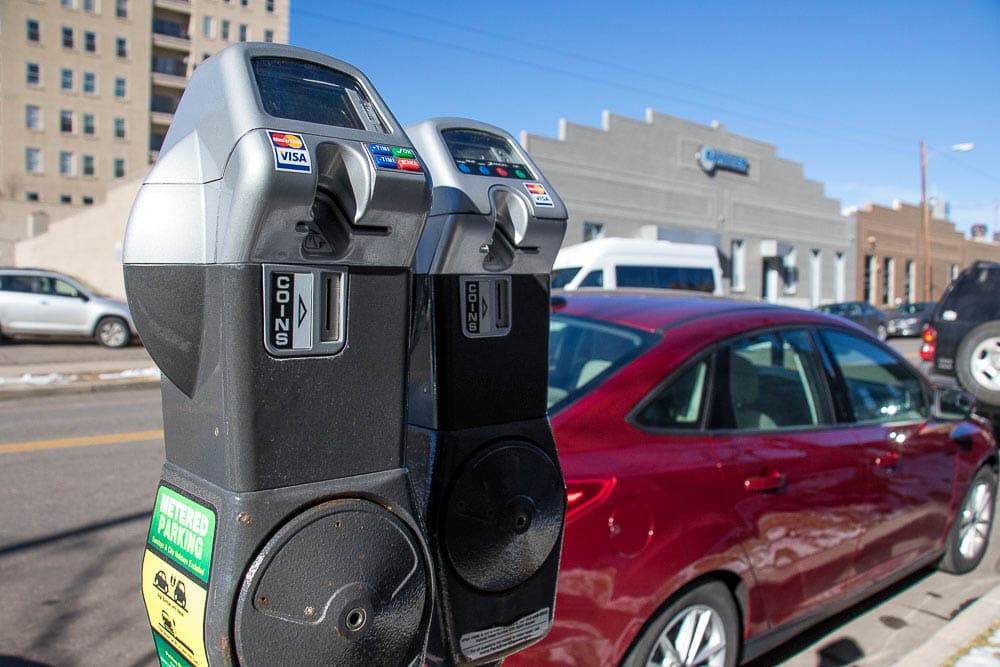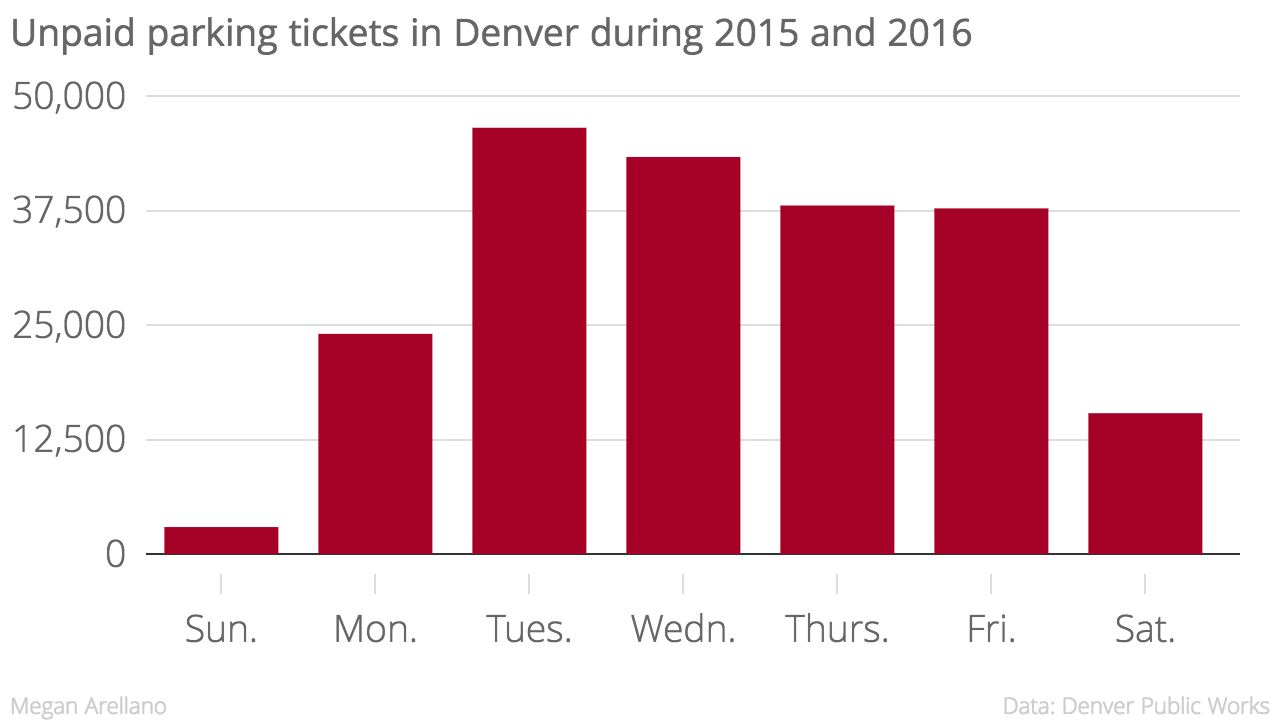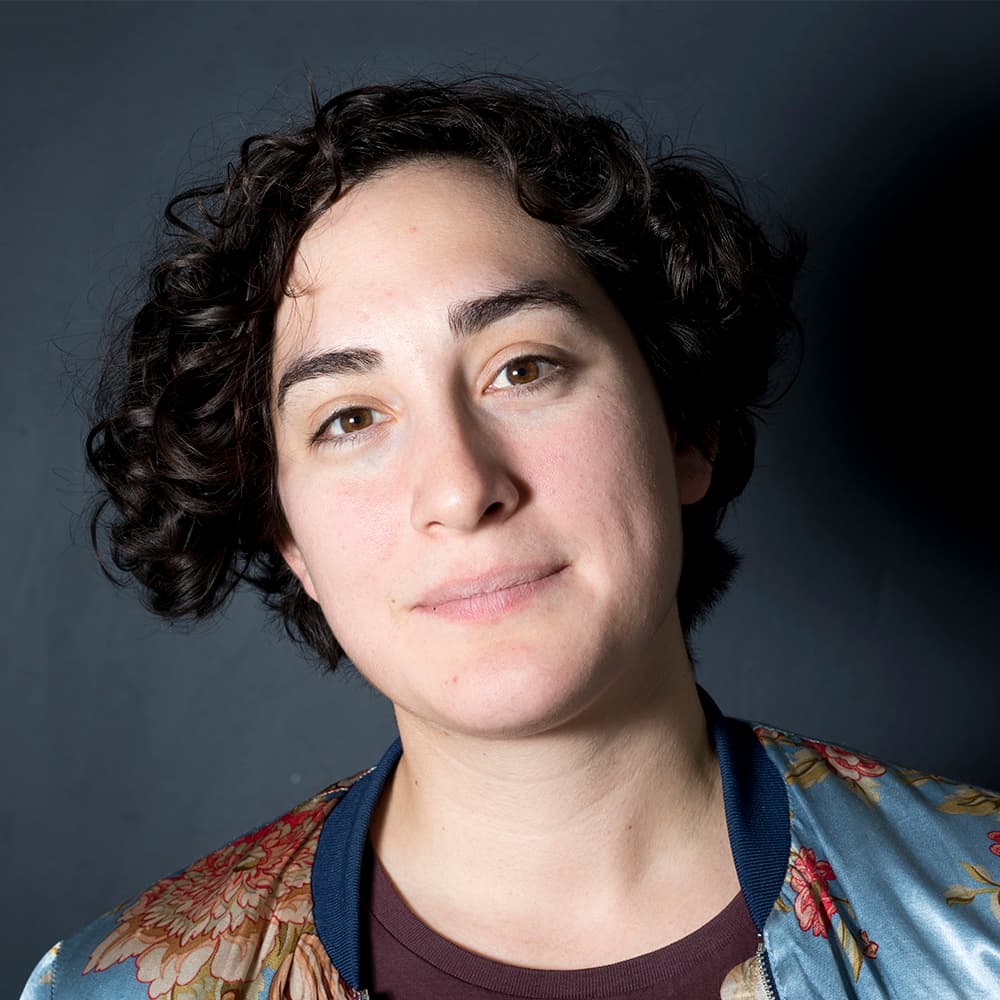
Occasionally, I indulge in fanciful financial thinking like "what if I started renting my stupid car?" or "what if I grew more of my food in my apartment?"
It's a good thing I don't work in city government because all I would think about is "What if everybody paid their dang parking tickets from 2016 and Denver suddenly had $14 million more in the coffers?"
Or, what if everybody paid their parking tickets from 2015 and 2016? Then the city would suddenly have about $24 million.
The good news is that most people do eventually pay their parking tickets, said Denver Public Works Spokesperson Heather Burke-Bellile.
In fact, that $14,526,754 in open, unpaid parking tickets for 2016 will probably go down, according to the agency. Right now, 20 percent of 2016 citations are unpaid. Data for 2015 indicates that only 13 percent of tickets went unpaid, for a total of $9,913,626.
But if you've contributed to that $24 million and you're dead set on not paying it back, you've just got to wait it out for a few more years and not get more tickets. After five years, unpaid citations are written off by the city.
On the other hand, the city has made sure that it's not hard to pay your fine. If you want to pay off your ticket, you can do it online, over the phone, and if you want to send pennies, you can.
Profile of a scofflaw
Over the past two years, here are a few things that all those unpaid parking tickets have shared:
- The unpaid ticket is most often issued between 10 a.m. and 12 p.m. during the day. Twenty-six percent of tickets were issued during that time in 2015 and 2016.
- The unpaid ticket was most often issued on a Tuesday.

- The most common location for an unpaid parking ticket is the Colorado Convention Center.












